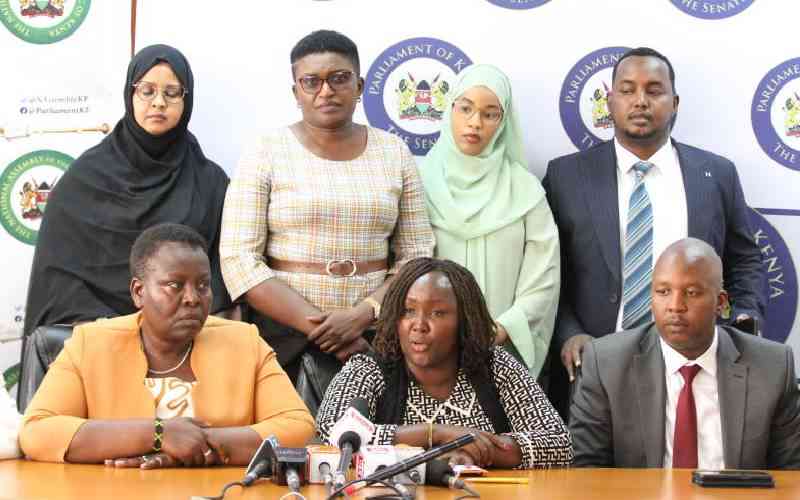×
The Standard e-Paper
Stay Informed, Even Offline

The sight of smoke emanating from a bush on a hill or forest in my motherland is likely to be charcoal burning.
We did this in our youth, when schools closed and there was need to complement our parents' income. We escalated forest degradation if not deforestation, killing some biodiversity and polluting, all at once. The cut trees would grow fast though.